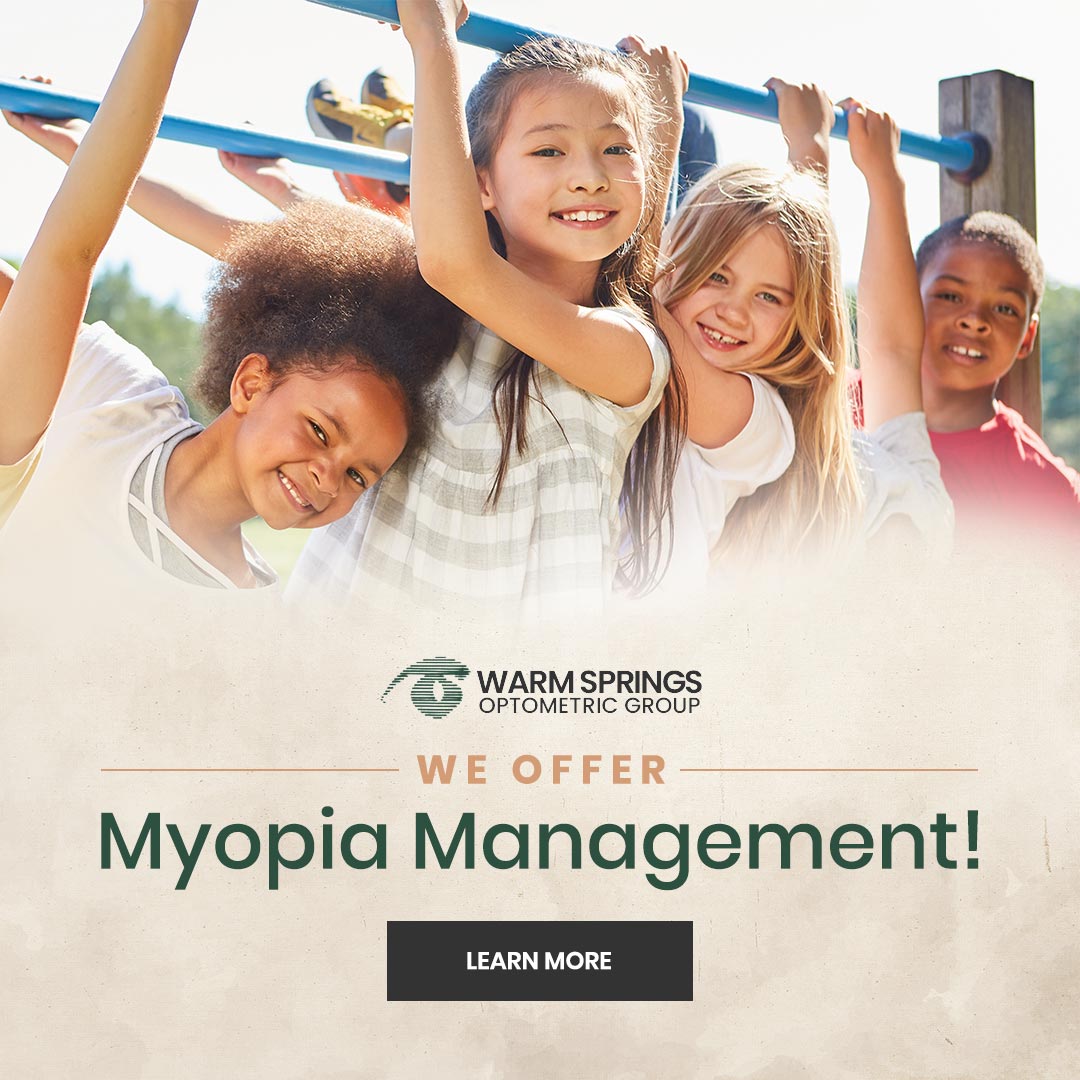
Myopia is a common refractive error that affects the ability to see distant objects clearly. Untreated myopia can have significant consequences for your child's visual development and overall eye health. Without proper management, the condition can worsen over time, leading to an increased risk of serious eye problems later in life.
The Risks of Untreated Myopia in Children
As a parent, it's crucial to understand the potential risks associated with untreated myopia in your child. Children with unchecked myopia are more likely to experience the following:
Reduced academic performance: Blurred distance vision can make it difficult for your child to see the blackboard, read textbooks, or participate in classroom activities, potentially impacting their academic success.
Increased risk of eye health issues: Progressing myopia increases the chances of developing sight-threatening conditions like retinal detachment, glaucoma and early cataracts in future.
Limited participation in sports and activities: Blurred vision can make it challenging for your child to engage in sports, hobbies, and other activities that require clear distance vision, potentially limiting their overall development and quality of life.
What is Myopia Management?
Myopia management refers to the proactive approach to controlling the progression of nearsightedness in children. The goal of myopia management is to slow down or even halt the worsening of the condition, thereby reducing the risk of long-term eye health issues and improving your child's quality of life.
One of the effective methods of myopia management is the use of soft multifocal contact lenses. These specialized lenses are designed to gently refocus the way light enters the eye, helping to slow down the elongation of the eyeball and the resulting increase in myopia.
The Role of Multifocal Soft Contact Lenses in Slowing Myopia Progression
Multifocal soft contact lenses are a game-changer in the world of myopia management. These lenses work by creating multiple focal points within the eye, which helps to control the eye's growth and prevent further myopia progression.
The unique design of multifocal soft contacts includes a central distance vision zone surrounded by peripheral near vision zones. This arrangement helps to reduce the eye's tendency to elongate, which is the primary driver of myopia development.
By using multifocal soft contacts, your child's eyes receive the appropriate focus for both near and distant objects, promoting a more balanced and controlled growth pattern. This, in turn, can significantly slow down the rate of myopia progression, potentially reducing the severity of the condition over time.
The Benefits of Multifocal Contacts for Myopia Management
Incorporating multifocal soft contact lenses into your child's myopia management plan can provide a range of benefits, including:
Slowed myopia progression: Studies have shown that the use of multifocal soft contacts can effectively slow the rate of myopia progression in children by as much as 50% compared to traditional single-vision lenses.
Improved visual acuity: Multifocal soft contacts offer clear and comfortable vision for both near and distant objects, allowing your child to participate in a wide range of activities without the limitations of blurred vision.
Enhanced eye health: By controlling the progression of myopia, multifocal soft contacts can help reduce the risk of developing sight-threatening conditions later in life, such as retinal detachment, glaucoma, and myopic maculopathy.
Increased confidence and quality of life: With improved visual clarity and the ability to engage in various activities, your child may experience a boost in self-confidence, social interactions, and overall quality of life.
Convenience and comfort: Soft multifocal contacts are designed for all-day wear, providing a comfortable and hassle-free solution for myopia management that can be easily incorporated into your child's daily routine.
Tips for Successful Use of Multifocal Contacts in Myopia Management
To ensure the best results from using multifocal soft contacts for myopia management, consider the following tips:
1. Consult with an experienced eye care professional: Work closely with your optometrist to determine the most suitable multifocal contact lens design and fitting for your child's specific needs.
2. Prioritize proper lens care and hygiene: Educate your child on the importance of following the recommended lens cleaning and handling procedures to maintain the lenses' effectiveness and prevent eye infections.
3. Encourage consistent wear: Ensure that your child wears the multifocal soft contacts as prescribed, even during activities that may not require distance vision, to maximize the benefits of myopia control.
4. Monitor progress and adjust as needed: Regular eye exams and follow-up appointments with your optometrist will allow for adjustments to the lens prescription or design as your child's eyes continue to develop.
Get Started with Warm Springs Optometric Group Today
Myopia is a growing concern, especially among children, but with the right approach, you can effectively manage and slow its progression. By incorporating multifocal soft contact lenses into your child's myopia management plan, you can take a proactive step towards preserving their eye health and ensuring a brighter, clearer future.
At Warm Springs Optometric Group, we are committed to providing comprehensive myopia management solutions for children. Visit our office in Fremont, California, or call (510) 490-0827 to schedule an appointment and learn how we can help your child achieve clearer vision and improved eye health through the use of soft multifocal contact lenses and other effective myopia management strategies.






